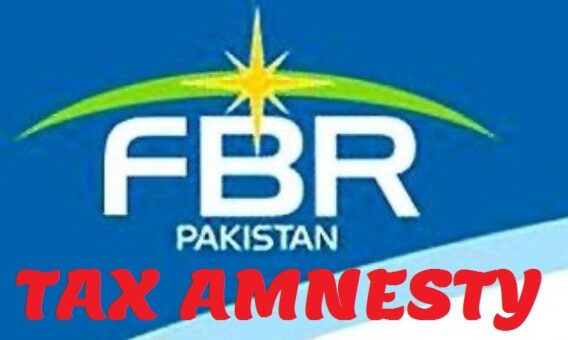Karachi, June 30, 2025 – In a dramatic turn that defies earlier promises and fiscal discipline, the government has secretly opened the doors of tax amnesty to ineligible persons under the garb of “declaration of sufficient sources.”
The Finance Act, 2025, passed by Parliament, has sparked a firestorm by introducing tax amnesty provisions even for those previously barred—sending shockwaves through the financial and tax fraternity.
While the original Finance Bill, 2025 proposed sweeping restrictions on unregistered transactions and ineligible individuals, the final version paints a completely different picture. The newly-inserted Section 114C in the Income Tax Ordinance, 2001 introduces a backdoor amnesty for ineligible individuals—those who haven’t filed tax returns or declared wealth in accordance with tax laws.
Shockingly, under this provision, ineligible persons are now permitted to purchase motor vehicles worth up to Rs7 million, acquire immovable property worth Rs100 million, and invest in debt or equity securities up to Rs50 million. The icing on the cake? They can withdraw up to Rs100 million in cash annually from all their bank accounts—an unprecedented allowance for those outside the tax net.
These financial declarations by ineligible persons—if made under the so-called “sources of investment and expenditure statement”—will not be subjected to investigation under Section 111 of the Ordinance, which traditionally targets undisclosed income and benami transactions. The Finance Act boldly clarifies that such declarations will not be considered unexplained income—effectively granting a blanket amnesty.
This move directly contradicts the government’s formal commitments to the International Monetary Fund (IMF), where it had assured that no new tax amnesty schemes would be introduced during the ongoing loan program. Yet, the Act cunningly disguises this amnesty as a compliance mechanism rather than an open offer, allowing ineligible persons to launder past transactions into legitimacy.
The government also widened the scope of “eligible persons” to include not only compliant taxpayers but their immediate family members as well—adding further ambiguity and space for maneuvering. Meanwhile, the term “ineligible person” is defined as anyone not meeting the revised criteria, yet paradoxically, these are the very people reaping the benefits.
Critics argue this veiled amnesty undermines the principle of fairness and rewards non-compliance, setting a dangerous precedent. For law-abiding taxpayers, it raises a bitter question: why play by the rules when evasion can lead to forgiveness wrapped in legal fine print?
With amnesty now practically codified for the ineligible, many fear a floodgate of legalized laundering has been opened—jeopardizing future revenue targets and credibility with global financial institutions.
